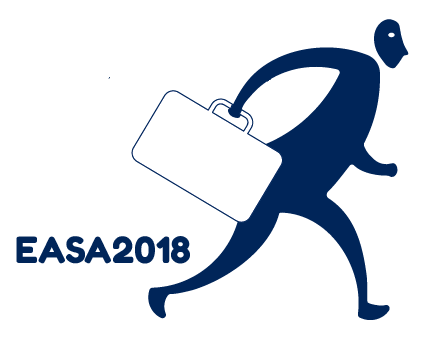15th EASA Biennial Conference
Staying, Moving, Settling
Stockholm University
14-17 August, 2018
Film programme
EASA2018 Film Programme presents ethnographic documentaries that address, through their content or form, the complexities at stake in processes associated with staying, moving, and settling. This curated documentary programme and the Q&A discussions that will follow each screening will attempt to come to terms with the nuances and contradictions involved in the transformative effects of crises, routines, continuities and change. The films will be screened during panel sessions thourghout the conference in Södra Huset building, Hörsal 3 (B3).Film programme co-ordinators:
Carlo Cubero (Tallinn University) and Andrew Mitchell (Stockholm University)
Tuesday 14th August
10:30-12:15 Session 1 - Souls on the move
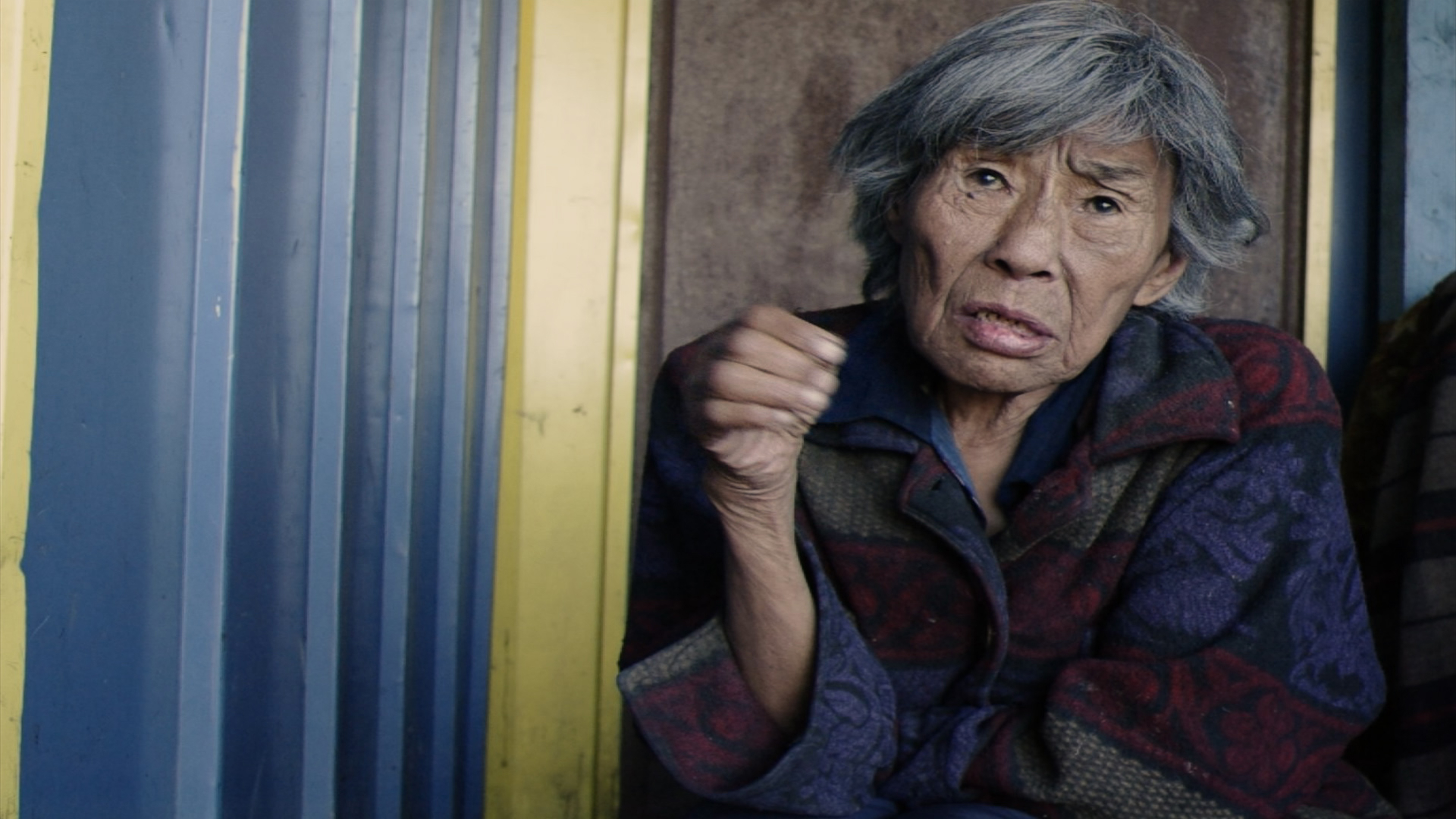 Five lives (2016) 65’
Five lives (2016) 65’
Filmmaker: Jaroslava Panáková (Faculty of Social and Economic Sciences)
Location: Chukotka, Russia
The film addresses the issue of transformative experiences within religious beliefs, namely the phenomenon of "return". According to the local people, the dead can return to the realm of the living up to five times. Viktor Valerevich Mumikhotkak also known as "Mukha", Chukchi from the hamlet New Chaplino (Chukotka, Russia), died tragically in 2012. Two years later, when young Alla Ukuma gave birth to her first son, her mother told her: "Last night I saw Mukha in my dream. He had come back in your boy. Let us name your baby Viktor". The technologically diverse material recorded in 2008-2014 has become the basis for creating two realms – one of the living people (digital) and one of the spirits (8mm film material with children). Their dialogue then generates the tension that culminates in Kutylina's statement: "Everything there is the same as here, but some people say – life is better there. There's so much drinking here, probably not so much there. It would be nice if it were true." In the epilogue, drunken Mukha falls down onto the snow in tundra, then stands up, only to walk straight back to new life with a baby Viktor.
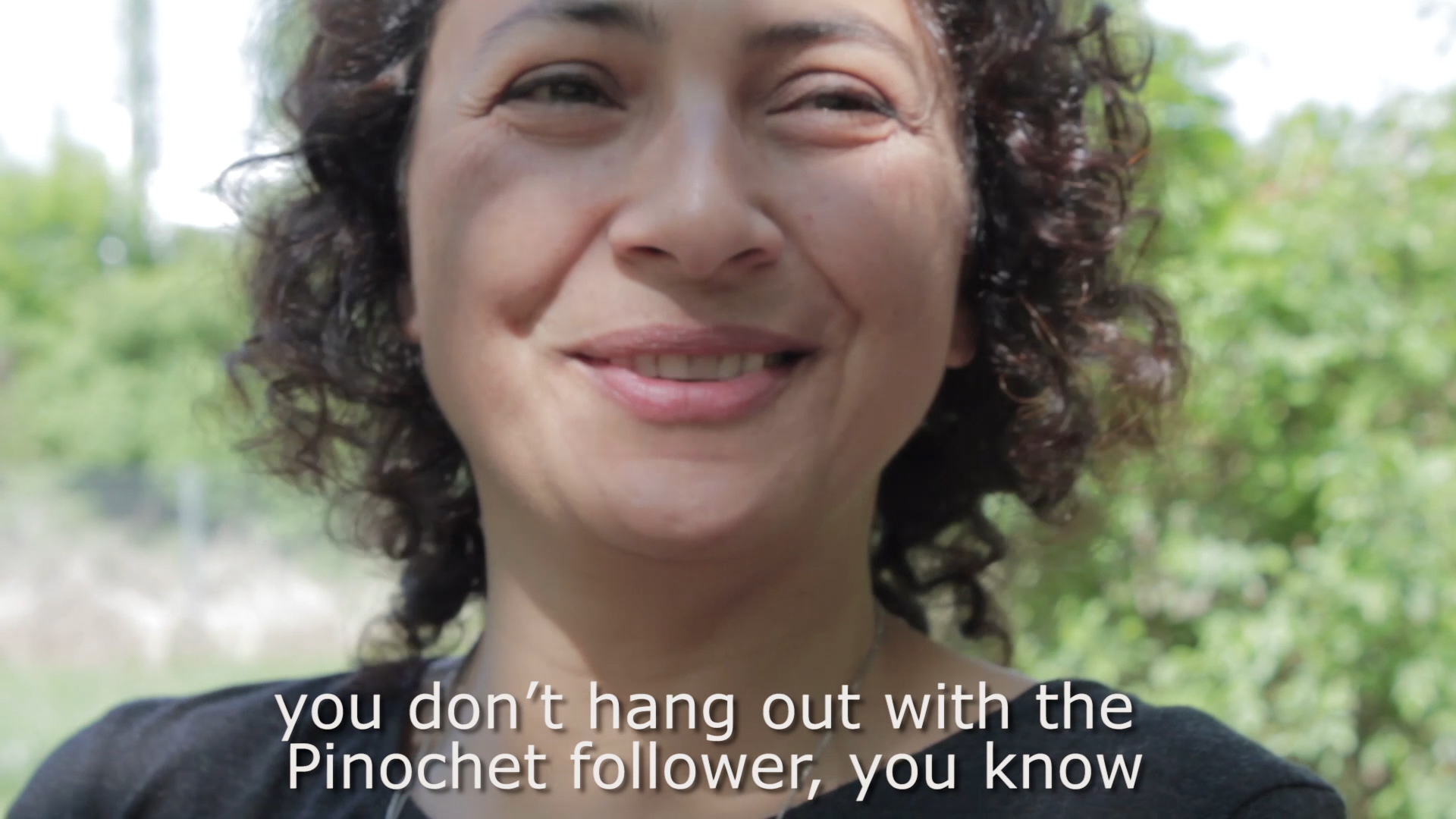 Portraits Berlin - Loreto (2017) 9’
Portraits Berlin - Loreto (2017) 9’
Filmmaker: Sophia Söderqvist
Location: Berlin
Loreto talks about growing up in Chile during the Pinochet regime, about France, Fellini and her lost paradise. She also sings two wonderful songs for us. This portrait was shot on a beautiful spring day at Bornholmer Straße, which is the historical place where the first people crossed the border to west Berlin on the 9th of November 1989, the day
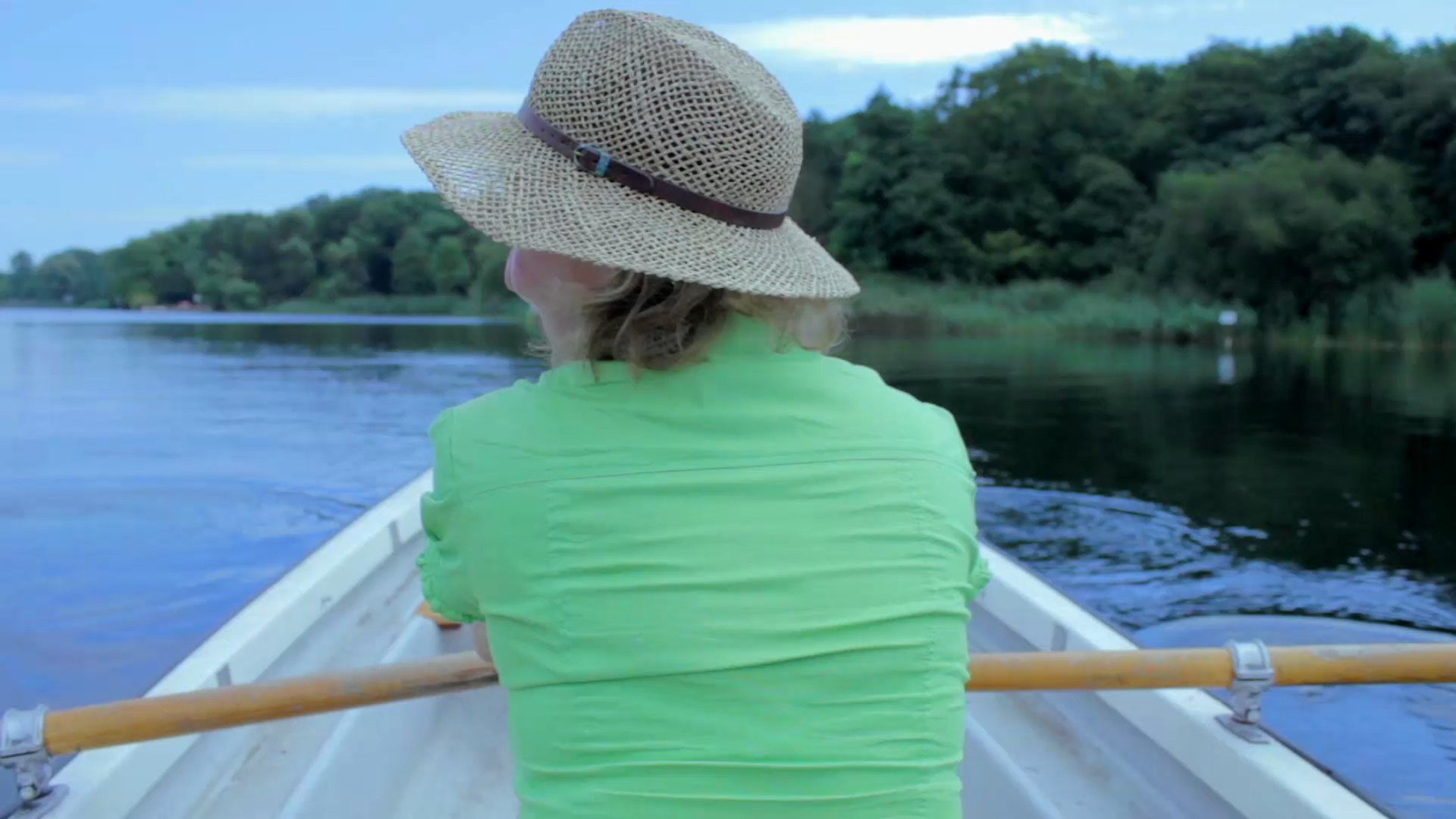 Portraits Berlin - Katri (2015) 8’
Portraits Berlin - Katri (2015) 8’
Filmmaker: Sophia Söderqvist
Location: Berlin
Katri tells us about why she left Finland and how cool Berlin was in the 80′s. She also talks very honestly about her family and motherhood. A charming portrait of a charming woman. This portrait was shot at Katri's Datscha (small cottage) on the Island of Reiswerder, close to Tegel Airport, so we are constantly interrupted be airplanes taking off and landing. Music: New Found Land.
13:15-15:30 Session 2 - Nostalgia
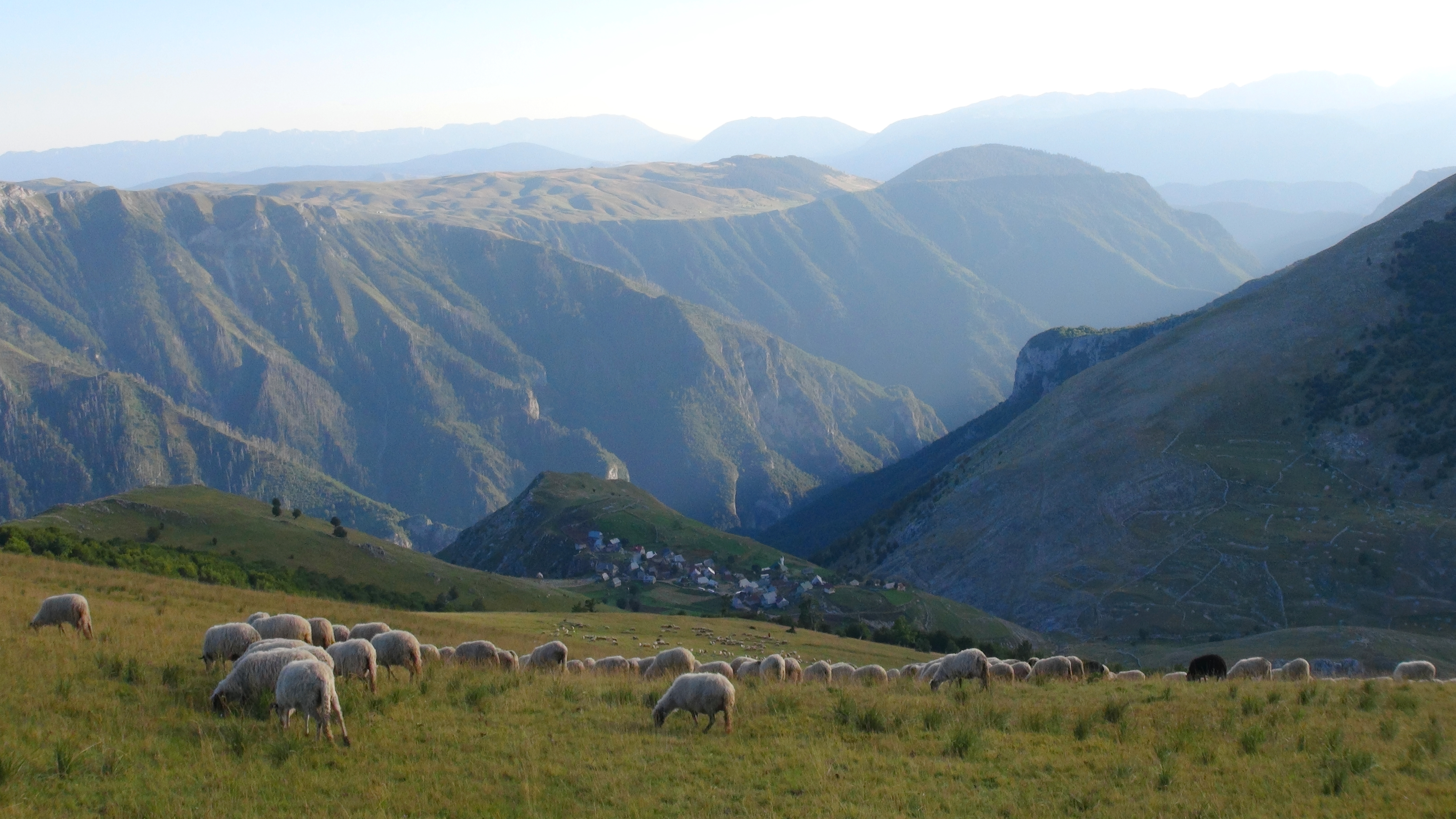 Lukomir, my home (2018) 62'
Lukomir, my home (2018) 62'
Filmmakers: Manca Filak (Institute of Slovenian Ethnology), Žiga Gorišek
Production: Ethnocinema
Location - Lukomir (Federation of Bosnia and Herzegovina)
Lukomir is one of the few villages on Bjelašnica that was not burnt down during the Yugoslav War in the 1990s, therefore it has maintained its traditional architecture and appearance. Today, this is its main attraction that brings in growing numbers of outside visitors. In tourism, Lukomir is painted as a picturesque village above the Rakitnica Canyon, one of the most authentic and unspoilt villages in Bosnia and Herzegovina. The entire area is popular among hikers as well as among skiers in the winter season. Lukomir, My Home is an ethnographic film that was in the making from April 2014 until May 2017. It portrays a visual ethnography of an older couple’s everyday life. The authors of the film lived with Hismet and Tidža in different periods and seasons. They accompany the couple while they carry out most of their everyday chores in Lukomir and Hadžići as well as when they release the sheep into the valley and when they return to Lukomir.
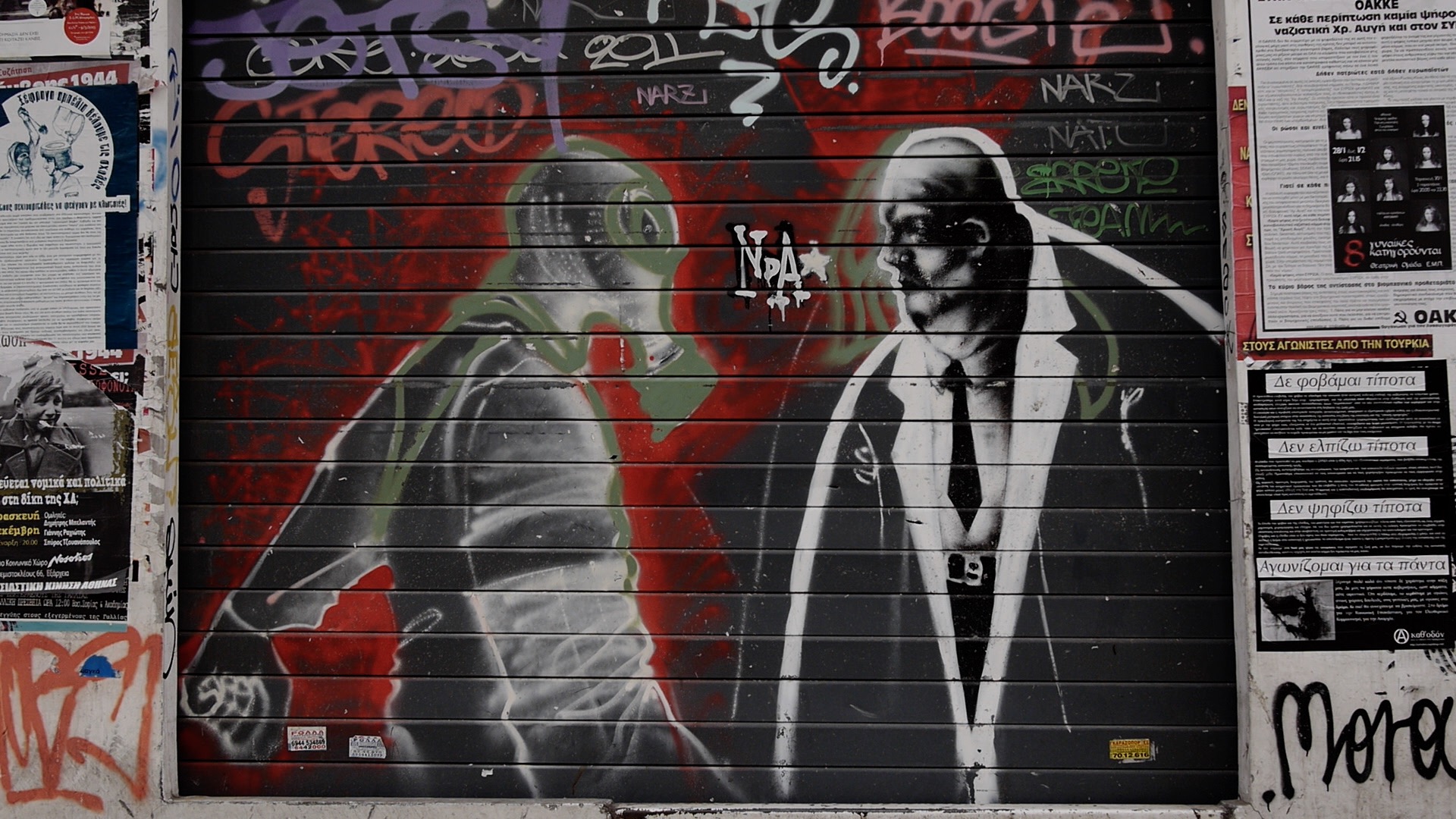
Filmmakers: Philippe Gazagne (Graduate Institute of International and
Development Studies), Alessandro Monsutti (Graduate Institute of
International and Development Studies)
Location: Athens, Greece
Ali is an afghan refugee caught in a limbo life in Athens for years. In
this state of confinement, he escapes through dreams, prose and poetry.
His words squeal like a cry of hope. 'Through Love, Thorns Become Roses'
is a attempt to grasp his feeling of being in between place and time,
his feeling of being in between a past not yet completely left behind
and a present not yet fulfilled. Immobilized, socially absent, he
revisits continually his memory. Ali’s taste for poetry mingles with a
narration of his dreams and insomnia. Challenging conventional logics of
time and space, 'Through Love, Thorns Become Roses' offers a poetic
vision of a poetical act. The film is the result of a three-way
negotiation: between Ali, a social anthropologist expert of Afghanistan
and a visual anthropologist.
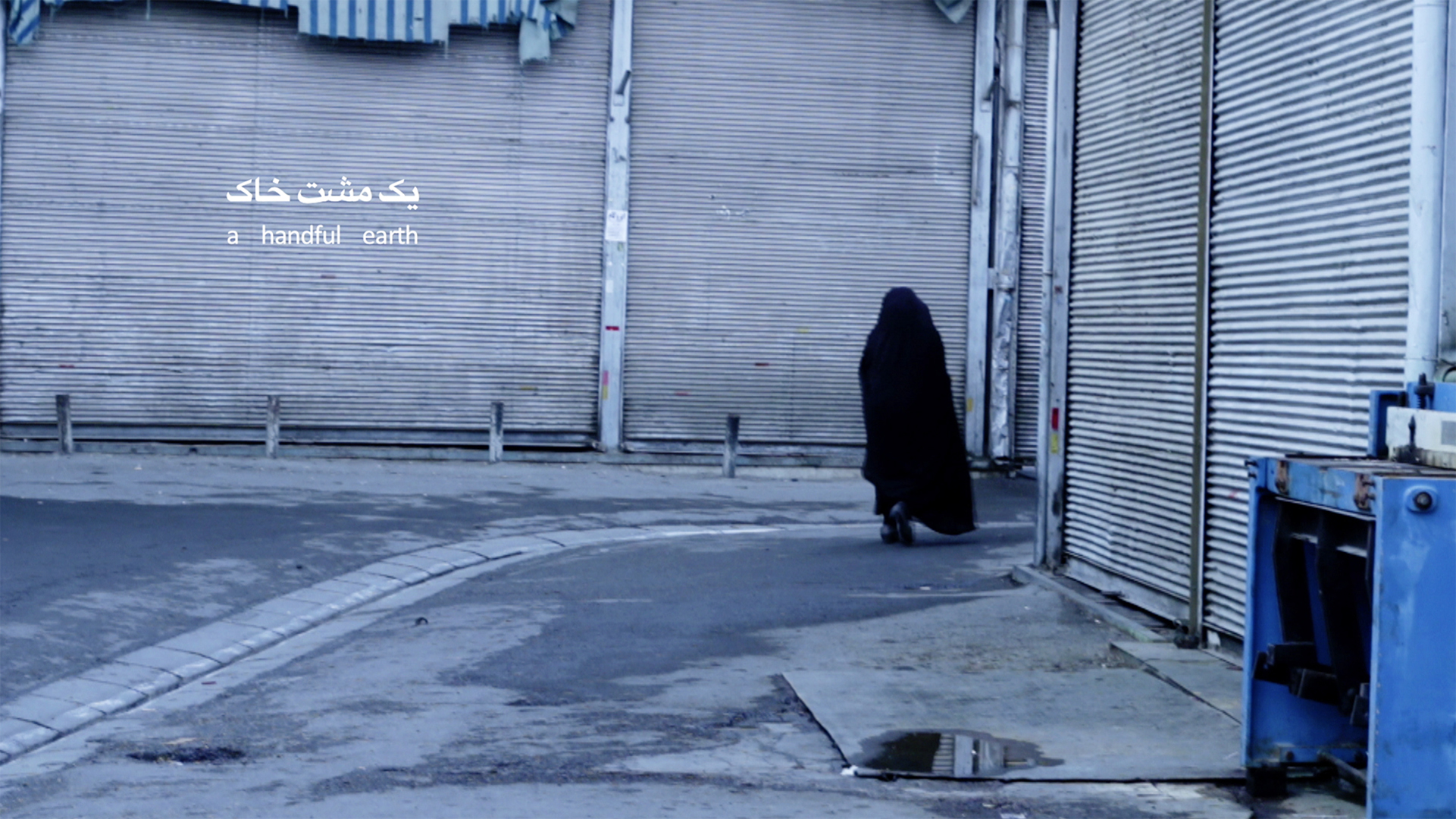 Poem and stone (2015) 10’
Poem and stone (2015) 10’
Filmmaker: Maryam Tafakory (Oxford University/Kingston University)
One experiences and records the present through bodily sensations that
hold memories. The desire to remember, embeds the past involuntarily
within the present. Poem and stone interweaves performance, documentary
and poetry, drawing on notions of belonging, absence and the
impossibility of a return. Strolling the streets of Tehran, unfolding
recollections, inscribed as it were, through a language primarily
material. Bringing the distant, the outside and the unreachable inside a
studio space, the residual, the soil, dust and stains aren’t mere
reconstruction of the past but an attempt to return to ritualise
fragments of the forgotten and absent referencing Marcel Proust’s notion
of ‘Involuntary Memory’ coined in his book ‘In search of lost time’.
Wednesday 15th August
09:00-10:45 Session 3 - Itineraries of displacement I
 Riski (2017) 12’
Riski (2017) 12’
Filmmaker: Otto Reuschel
Location: Melilla, Spain
Along with dozens of other young Moroccan boys between 8 and 18 years
old, Mohammed lives on the shores of the Mediterranean Sea in the port
of Melilla, a Spanish autonomous town on the east coast of Morocco.
Mohammed lives in the hope of one day stowing away aboard a freighter
headed for Europe.
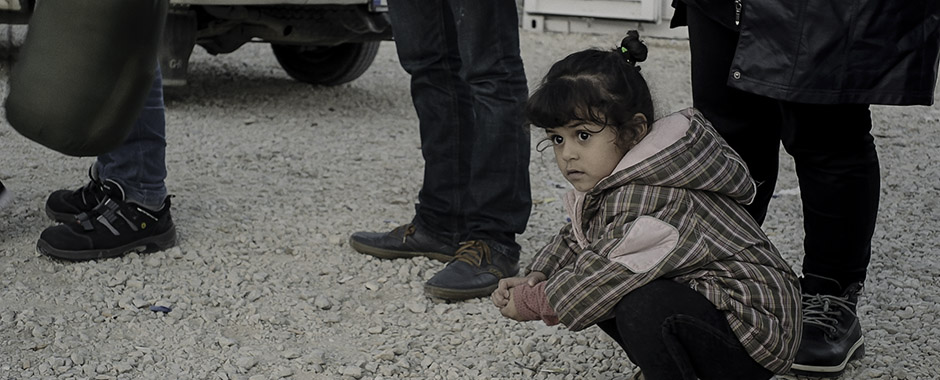 69 minutes of 86 days (2017) 70’
69 minutes of 86 days (2017) 70’
Filmmaker: Egil Håskjold Larsen
Location: Europe
In the middle of a crowd of people on the run, a 3-year-old Lean slowly
emerges. She takes in her surroundings between hundreds of adult trouser
legs. Aware of the situation she and her family find themselves in, with
childlike wonder she continues her journey and with every step, she is
closer to her grandfather in Sweden.
11:15-13:15 Session 4 - Itineraries of displacement II
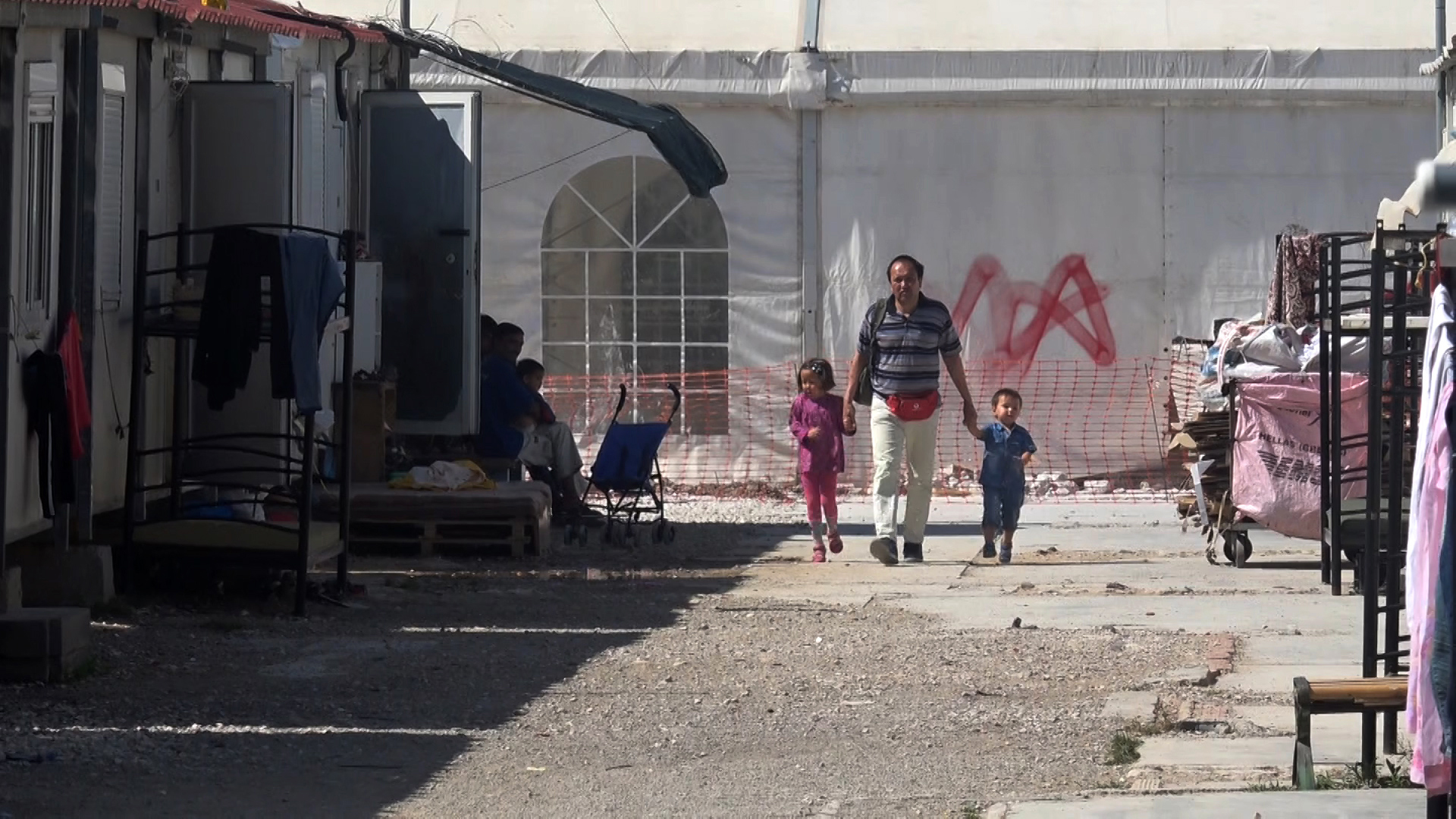 Lust (2017) 22’
Lust (2017) 22’
Filmmakers: Giannis Tsiachristas, Maria Zitaki
Location: Eleonas Camp, Greece
The documentary tells the story of Rahmat, refugee from Afghanistan who
works as a translator in the camp of Eleonas. The film through the
history of Rahmat deals with aspects of the daily life of refugees and
the problems they face in Greece.
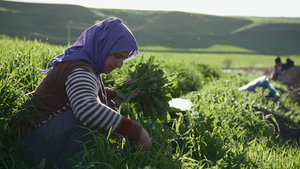 What the wind took away (2017) 75’
What the wind took away (2017) 75’
Filmmakers: Helin Celik, Martin Klingenböck
Location: Turkey
As a tribe of Kurdish nation, Yazidis never had an official land and had
to suffer oppression from other countries since the beginning of their
existence. Yazidi women additionally have to endure the hegemony of men
and it's strict customs. During the IS attack in August 2014 in Sinjar
(Northern Iraq) - the main settlement area of Yazidis - plenty of men
were killed and thousands of women kidnapped. What the wind took away
shows the destiny of two Yazidi women and how violence and oppression
affected their lives. It aims to achieve an intimate insight into their
personal experiences during the IS war.
Thursday 16th August
09:00 – 10:45 Session 5 - Audiovisual timescapes
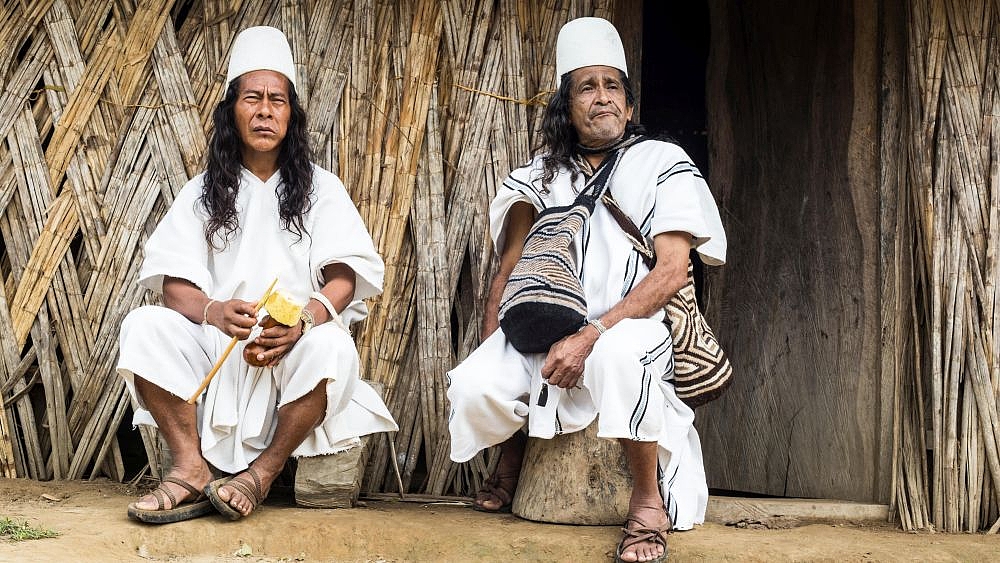 Wási (ver, to see) (2017) 15’
Wási (ver, to see) (2017) 15’
Filmmakers: Sebastián Gómez Ruíz (University of Barcelona), Amado
Villafaña Chaparro (Universidad Central)
Location: Colombia
Wási (to see) is the story of a day of seeing (themselves) in the
Arhuaco community in Kutunzama (Magdalena, Colombia). From the hand of
the Arhuaco filmmaker Amado Villafaña, we enter into what it means to
see for the indigenas Arhuacos. From the viewing of photographs and
films, we approach how the Arhuaco people have been visually represented
from the outside and what Amado's interpretation of these
representations is, in an exercise of seeing, seeing and representing
themselves.
Memory is not about the past (2016) 20’
Filmmaker: Anna Chahine
Location: Berlin, Germany
The film aims to understand how former East Germany is remembered in
accordance with the general national historic discourse today. The
intent of this ethnographic encounter is not to solely observe and
conduct interviews, but also to stage encounters with the participants
in order to access the different layers of memory and perception. The
performance-like movement of the body through different places of the
city functions as a catalyst for emerging stories and memories from the
past. The focus on walking as a method and moving through urban space of
Berlin might fit into the overall topic “Staying, Moving, Settling”
concerning the form of the ethnographic research method itself.
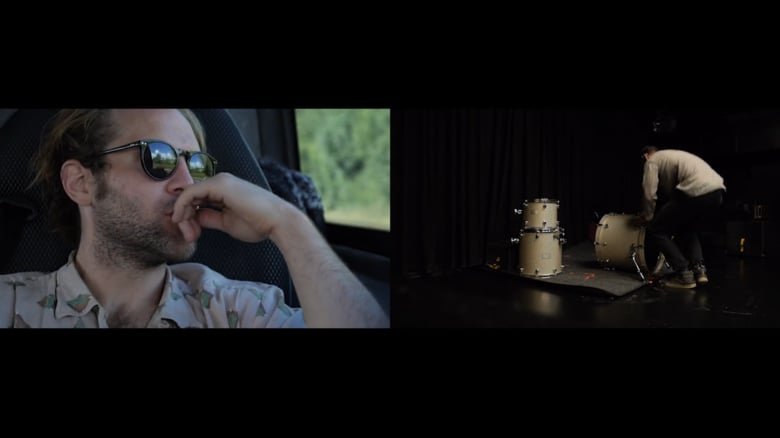 Rhythms of attunement (2017) 6’
Rhythms of attunement (2017) 6’
Filmmaker: Anna Lisa Ramella (Universität Siegen)
Location: Europe
A 2-channel video that presents an experiment to grasp senses of
belonging in mobile settings through audiovisual means. Drawing from my
fieldwork on the road with touring musicians, the piece explores the
concept of “attuning” (Ingold/Vergunst 2008; Edensor 2008) through both,
musical and mobile practices. Through the audio, recipients are invited
to perceive the process of tuning an instrument on stage and witness the
finding of the “right tone”. Visually, practices of finding one’s place
within itinerant spaces and of constituting instances of belonging are
made visible through the camera’s tracing of a precise movement of a
hand, of finding the exact position of the screw to tune the drums or
guitar, of tape-marking the instruments’ positions on a stage, of
installing one’s body in a van seat. These two levels of attunement -
visually and sonically - will lead the recipient through phases of
arhythmic as well as rhythmic elements, coinciding in what can be
described as “rhythms of attunement” - a certain state of bodily comfort
and familiarity within space and sound.
11:15-13:15 Session 6 - Parallels
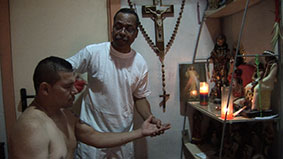 A goddess in motion: María Lionza in Barcelona (2016) 64’
A goddess in motion: María Lionza in Barcelona (2016) 64’
Filmmakers: Roger Canals (University of Barcelona), Jordi Orobitg
Production: Wenner-Gren Foundation and Jordi Orobitg Produccions
Location: Venezuela & Spain
The cult of María Lionza, one of the most important religious practices
in Venezuela, is beginning to manifest itself in Barcelona. Through the
testimonies of believers, artists and esoteric art sellers, this
ethnographic film depicts, for the first time, the appearance of this
religion in the Catalan capital. Through the montage, the author
questions the changes that the ritual undergoes when it must adapt to a
new context. This film is also a visual essay in the first person, in
which the anthropologist –of Catalan origin– reflects openly on the
nature of the fieldwork and on the boundaries between “us” and “others”.
Making home - with five artists based in the UK (2014) 35’
Filmmaker: Anna Laine (Swedish National Heritage Board)
Location: London, Belfast, Jaffna
This video-work presents five contemporary artists based in London and
Belfast who use their art practices to investigate complex notions of
belonging related to their Tamil Sri Lankan background. The artists
convey how dialectic movements between accommodating themselves and
creating disruptions take individual as well as shared forms. The
complexities of their shifting positions in relation to making home have
been explored through direct improvisations as well as constructed
settings in London, Belfast and Jaffna, over a period of one and a half
years. Laine's way of working at the intersection of art and
anthropology combined with the artists’ engagement in visual and
material practice as well as theoretical reflections destabilized the
boundary between researcher and researched during the making of the
video. Shared interests and methodologies influenced how relationships
and knowledge emerged, and they consequently inform the composition of
the collaborative outcome. In order to evoke the multiple layers of the
participants' art making and everyday lives, sounds and images merge,
clash and dissolve through the form of a split screen.
Friday 17th August
09:00-10:45 Session 7 - The transborder family
 Together apart (2018) 57’
Together apart (2018) 57’
Filmmakers: Maren Wickwire (Manifest Media), Iara Rodriguez Vilardebó
Location: Cyprus & Philippines
Together Apart is an intimate family portrait of two Igorot women, a
mother and a daughter, who leave the the Philippines to seek work in
Cyprus. The film portrays issues of separation and hope across three
generations. Guil Ann, a twenty-five-year-old woman from the
Cordilleras, follows her own mother Carren to the other side of the
world. As the most eastern outpost of the European Union, Cyprus has one
of the lowest wages for migrant domestic helpers, but still recruits
large numbers of workers. Only months after mother and daughter reunite
on the island, unexpected events lead to Carren’s forced departure.
Having lived abroad for almost two decades, the mother has to adjust to
a new life in the Philippines, while the daughter is passed the baton of
having to provide cross-generational income. Shifting between the
temporary present and future imagination of serial migrants, the film
contemplates notions of selfhood, belonging and care, sharing insights
into the complex emotional web of transnational migration as it
transcends victimization and sacrifice.
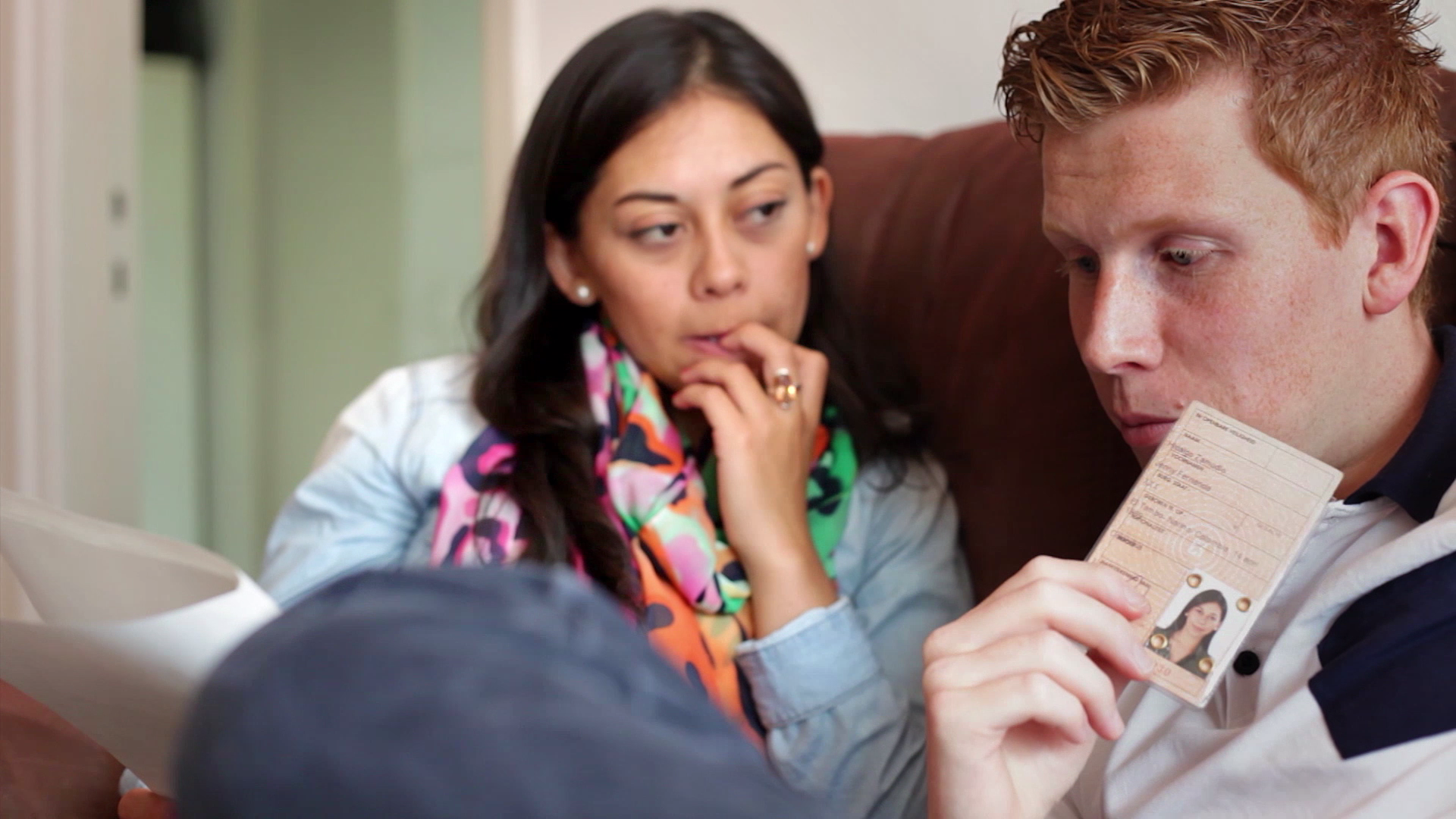
Paper paradise (2015) 30’
Filmmakers: Floor de Bie, Eva van Roekel (Utrecht University)
Location: The Netherlands & Belgium
Colombian Jenny and Dutch Dion want to live together in the Netherlands,
but Jenny doesn't have a residence permit. To rebel against the rules
they live 50 ms across the Belgian border. What seemed the solution
slowly changes into a bureaucratic nightmare.
11:15-13:00 Session 8 – Final screening
You'll find more details about the film we've selected to close this
year's film sessions in the printed programme you'll receive at the
conference.






